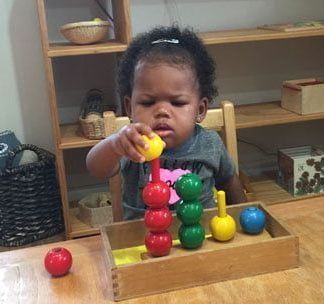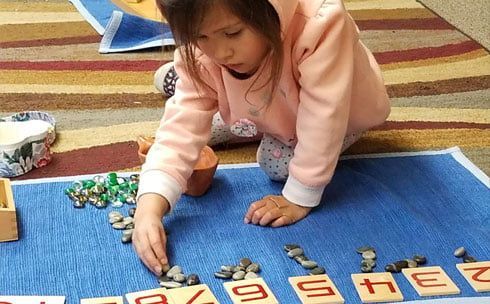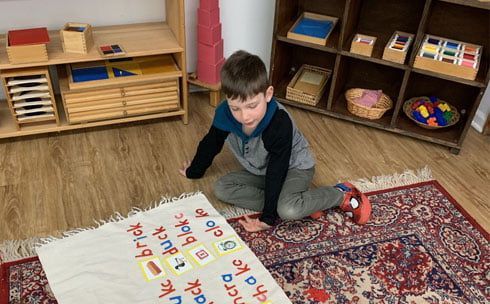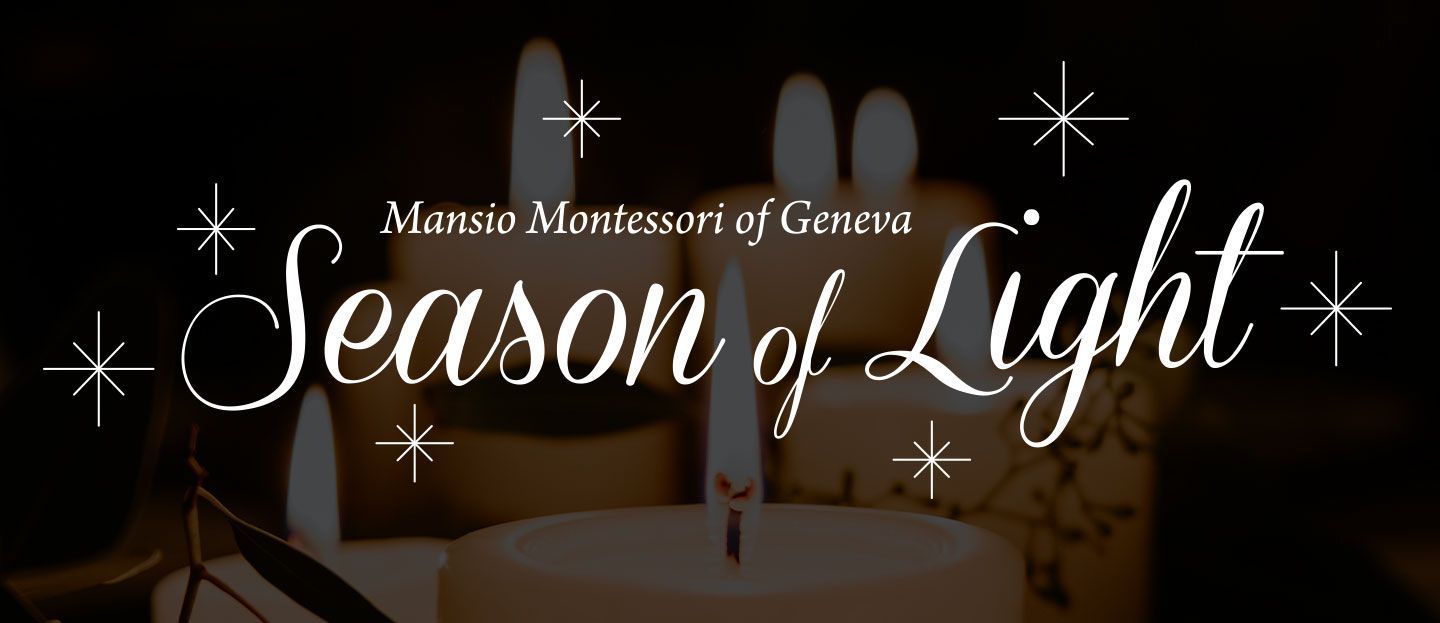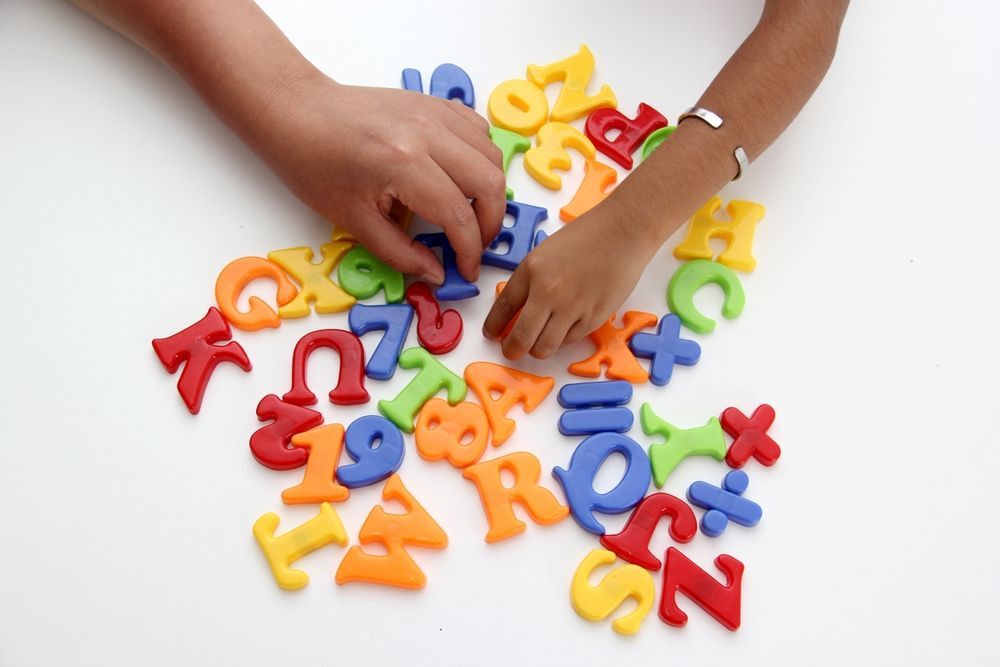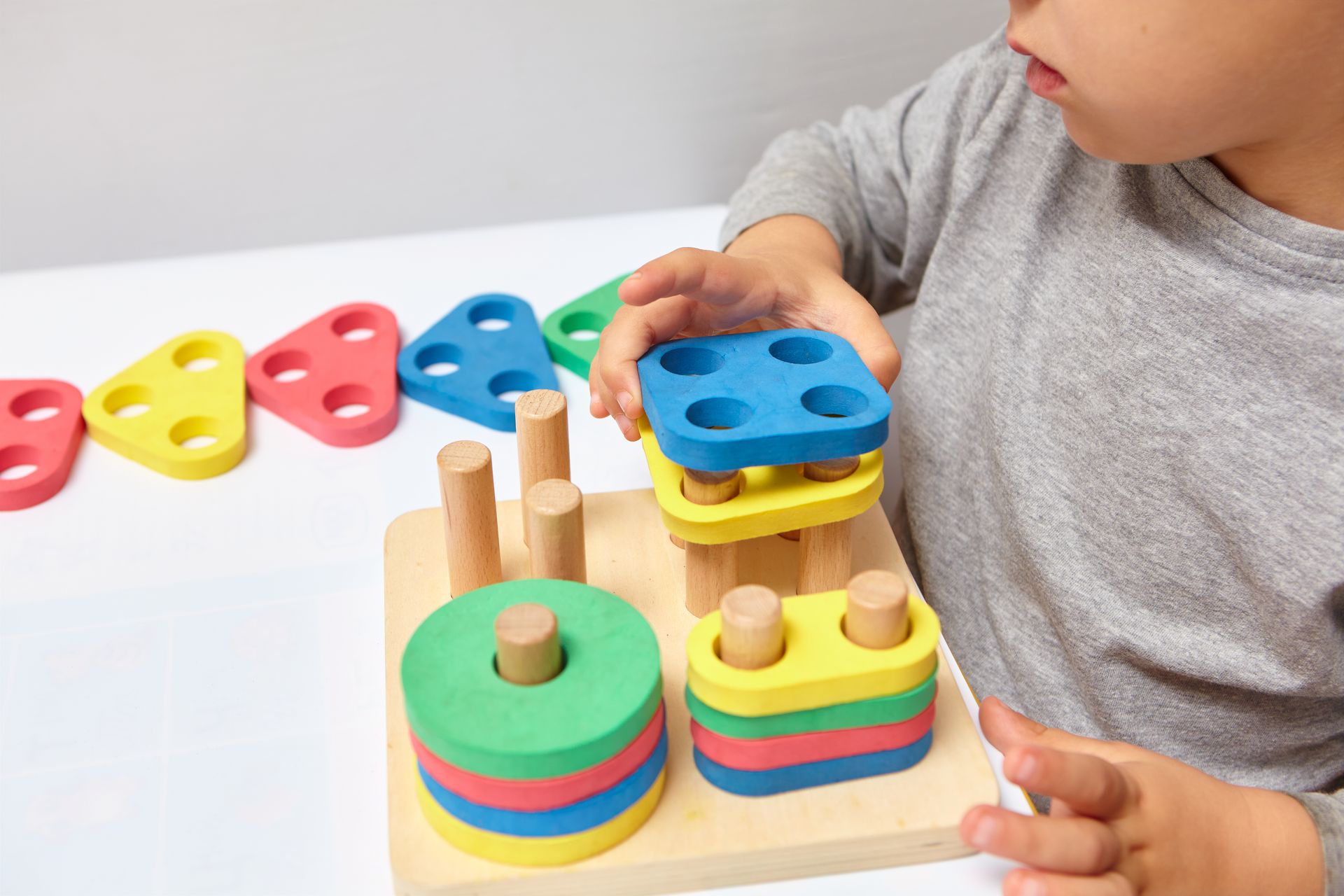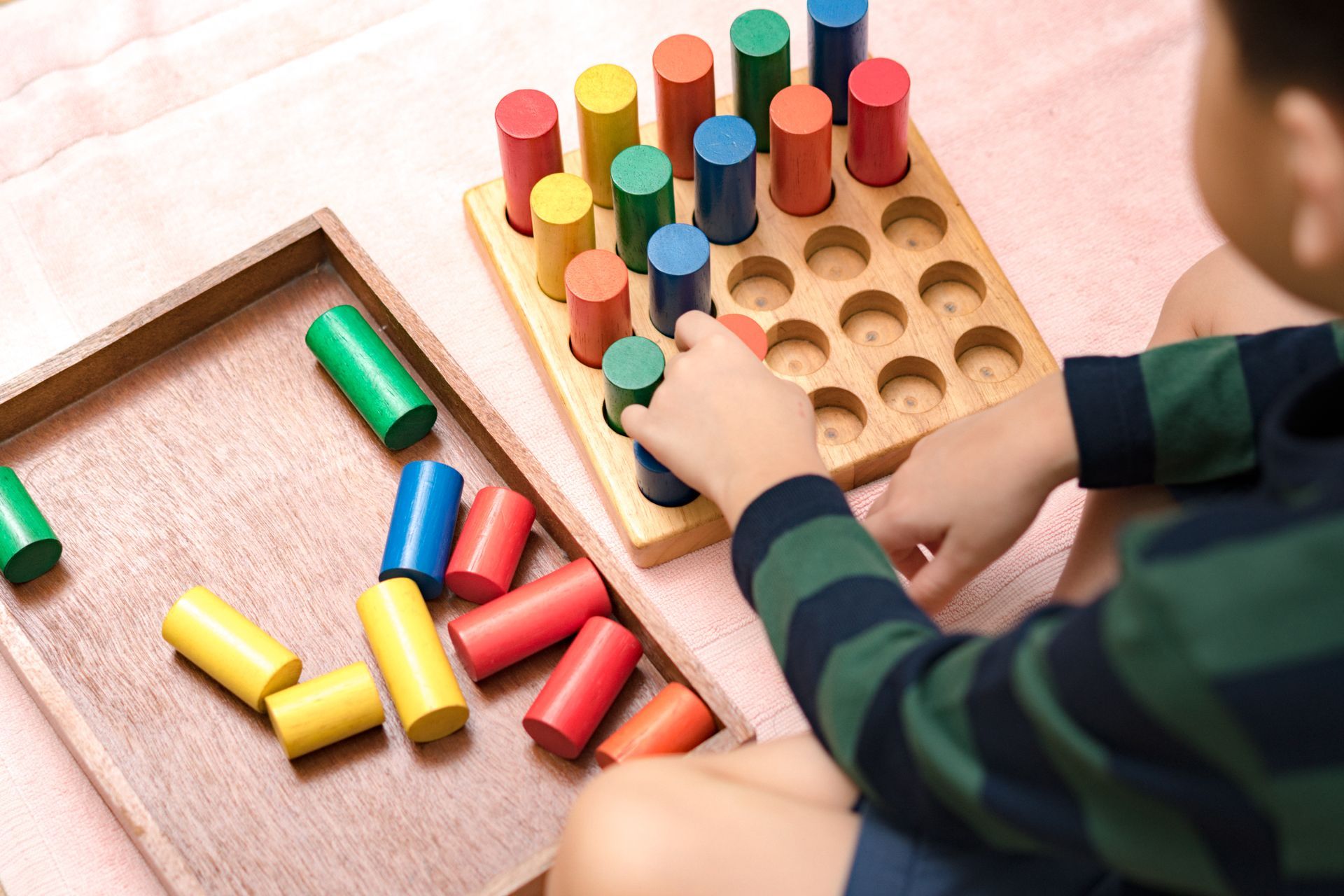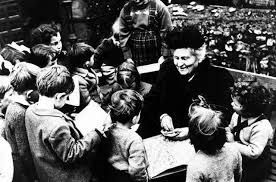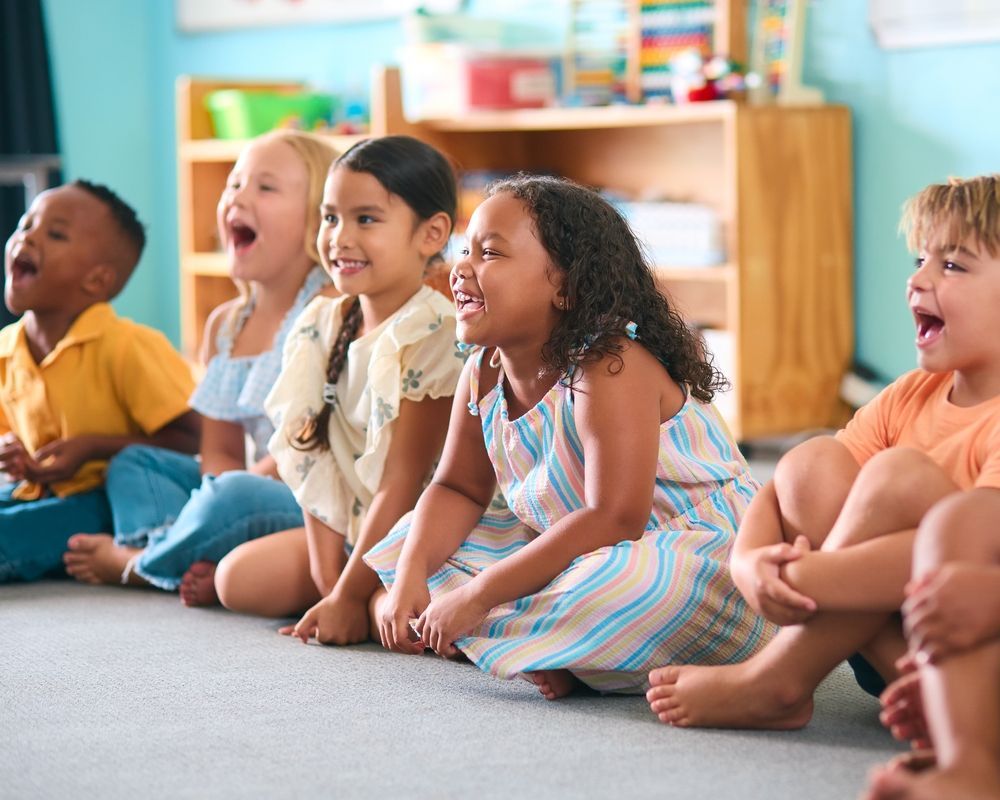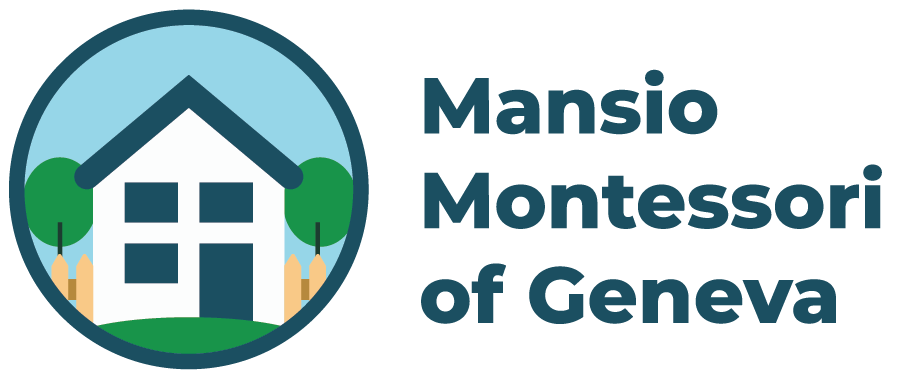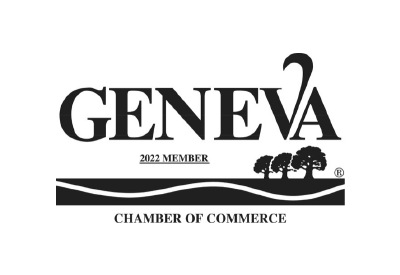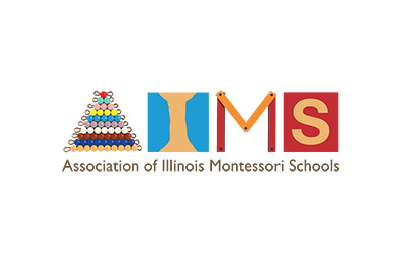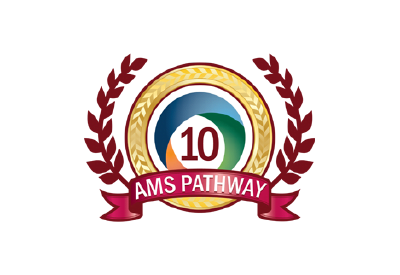The Pros and Cons of Montessori Education
Share this Article:
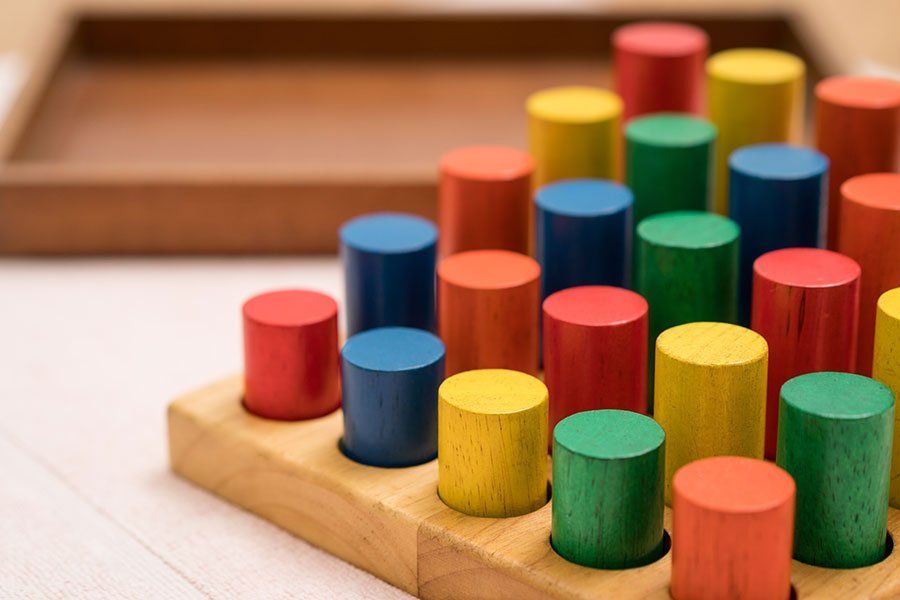
Originated in 1906, the Montessori Method is both an educational method and lifestyle consistently growing in popularity. Today, most parents of young children have a vague idea of the Montessori approach – and when children come of schooling age, parents are faced with a decision.
Should you choose a traditional preschool program or a Montessori Method education? Which is best for your family? We want to help you decide! Below, we outline significant Montessori pros and cons.
Montessori Method Pros:
Children become self-motivated.
The Montessori Method is poised to create lifelong learners. With the freedom to choose from available tasks and activities, children in the Montessori Method will grow in confidence. Furthermore, Montessori students learn holistically, instilling a lasting curiosity of history, geography, science, and other topics of expressed interest.
Kourtney Santucci (MD Pediatric Hospital Medicine and Complex Care) emphasized this incredible drive towards self-motivation: “The aspect of Montessori education that I find most irreplaceable is the appreciation for order, for concentration, and for the natural beauty and intricacy of things around us. I think children really do WANT to focus, and to study and examine things, and Montessori feeds right into that tendency and away from distractions.”
Montessori education is individualized.
Montessori teachers evaluate each and every student individually, crafting a unique educational experience according to each child’s needs. Both quick and gradual learners will thrive as classrooms and activities are designed to benefit students where they are.
Social skills are developed.
Children in the Montessori classroom often have freedom to work individually or cooperatively. When interacting cooperatively, students are encouraged and guided to communicate politely, with mutual respect and grace. Social skills such as this are significant as children grow and build personal and professional relationships.
Hands-on learning is prioritized.
Hands-on learning is supported in the Montessori Method, replacing standardized tests, lectures, and purposeless memorization. Students are encouraged to develop a love for learning and discovery without incentives. Furthermore, homework – in the traditional sense – is a rarity in most classrooms. Students are asked to journal, work on completing projects, or learn something new through experience.
Montessori Method Cons:
Standard assessments aren’t given.
As standard testing and traditional grading are not implemented in the Montessori Method, parents are encouraged to track progress by identifying areas of difficulty and encouraging improvement in pinpointed areas.
Students have a lot of liberty.
While some children become extremely self-motivated, others struggle from a system of freedom. Different parenting styles may impact this. If a child is unsure what action to take without the explicit direction of an adult, the Montessori Method may prove challenging.
Mansio Montessori of Geneva
Mansio Montessori of Geneva is committed to the highest quality education for your child. With a safe, individualized, well-prepared environment, your child is free to explore a rich variety of language, math, culture, science, and geography. Our goal is to develop independent thinkers with problem-solving abilities.
Each of our learning and caring programs are designed for specific age groups, from 15 months to 6 years. Led by a team of two dedicated, experienced teachers, these classes are beautiful, inviting, and arranged with a purpose.
To learn more about our Montessori school, reach out directly at (630) 232-6750 or via our online contact form !
